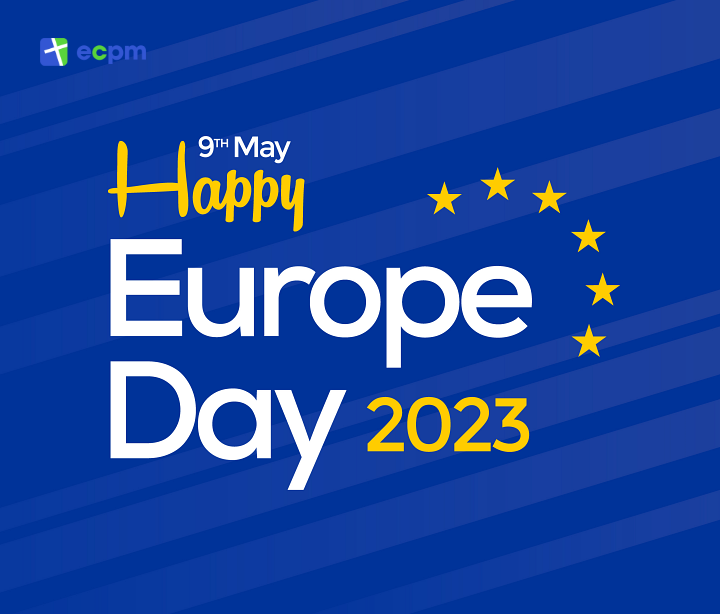
Tuesday, May 9, 2023
Celebrating Europe Day
We are celebrating the 73rd anniversary of the Schuman Declaration today, called Europe Day. What that meant for Europe at that time and what its significance is today is worth remembering.
The Second World War had left Europe decimated and poor. The Soviet Union was increasing its influence in the Eastern Europe countries it had liberated from the Nazis, to the displeasure of the United States and Great Britain. Just a few years after the end of a horrible war which claimed millions of lives, tensions were brewing again and an arms race was taking place between The United States and the Soviet Union- a cold war had started. There were also fears that France and Germany, perennial archenemies, would start another conflict.
This was the European landscape when Jean Monnet, Robert Schuman and Konrad Adenauer entered the scene with a bold move. Jean Monnet was the director of the French National Planning Agency for Modernization and Infrastructure and one of the authors of the Schuman declaration. He insisted that the only way France could be safe and prosperous was by economic cooperation among the countries in Europe. The way he envisioned this cooperation was by integrating key sectors of the economy- coal and steel- in order to create true solidarity. There would be a High Authority, a totally independent and supranational body which would regulate and supervise the pooling of the steel and coal production. He convinced Robert Schuman- the French Foreign Affairs Minister- of this idea, who in turn discussed it with German Chancellor Konrad Adenauer and got his agreement. The entire process was secretive, so that Schuman’s declaration on 9 May 1950 came as a surprise for many. His words were prophetic, the ideas therein transformative.
Very soon after the Declaration, France, Germany, Italy and the Benelux started negotiations for a treaty. Monnet’s original idea was expanded and the Benelux countries asked for a Council of ministers and a Common Assembly to be added to the High Authority, which were the predecessors of the Council of the European Union and the European Parliament, respectively. The European Court of Justice was set up at the same time. Almost a year later, in 1951, the European Steel & Coal Community Treaty was signed by the group of six countries in Paris. In 1958, Robert Schuman became the President of the Common Assembly (the European Parliament today) and was named the “Father of Europe”.
These days, we are desperately in need of visionaries and peace-builders like Schuman, Monnet and Adenauer. War is raging through our continent once again and an innovative, creative solution is needed. We hope and pray for an end to the fighting and for a constructive, democratic way forward. We believe it is possible, as the historical events we are celebrating today have proved.
Monnet’s original vision, the Schuman plan of creating a common market regulated by supranational institutions worked and has been the foundation on which we built strong, democratic, prosperous European countries. It was a brilliant idea to achieve peace and reconciliation through economic and political integration. For all its faults and shortcomings, the European Union was successful at what it set out to do. And that deserves a yearly celebration.